As our country and its experiment in democracy continue to grow and evolve, one of the most confounding questions we continue to wrestle with is how to properly regulate and police institutions that we imbue with great power. The founding fathers sought to solve this problem by avoiding the concentration of power in any one branch, institution, or individual and created the ingenious system of checks and balances.
Such a system, however, only works if a number of preconditions are in place. The parties must maintain some relative equilibrium in power, they must not hold undue influence over one another, and most importantly, the forces that could serve to corrupt one party must not have similar incentives/abilities to corrupt the party we hope to have the police.
“Ok,” you’re wondering, “what is the point of all this, Frances?”
Recently, we have watched the failure of this system in two very important and high profile circumstances.
On a local level, it seems to be clearer and clearer that the Orange County Informant Scandal will be a scandal in name only, with the bad actors who brought about the scandal escaping unpunished. On a national level, while the cookie is still crumbling, we have witnessed a Justice Department, which is ostensibly supposed to operate independently with the aim of…well, justice…, operating as a politically motivated partner of President Trump.
Here in Orange County, the California Attorney General recently tried to quietly announce that their investigation into the informant scandal was complete. Despite ample evidence of misdeeds and perjury committed by law enforcement and the Orange County District Attorney’s office, the investigation is simply over without a single prosecution and not even so much as a report. The complete inaction of the Attorney General’s office as well as the United States Attorney’s Office, who have also unconvincingly claimed they were investigating the scandal without a single thing to show for it, will serve as a stain on both these offices and the decision makers who were utterly derelict in their duties.
Meanwhile, after a two year investigation by Special Counsel Robert Mueller, a position created specifically to ensure an investigation conducted independent from political pressure and foster the public trust, Attorney General William Barr did not wait 24 hours before decimating that trust and politicizing the process via an intellectually dishonest letter to Congress purporting to summarize the findings of Mueller's report. It was a transparent, politically motivated move designed to influence public perception of the report’s findings prior to its release. As I’ve said, this drama is still unfolding and we now know that Special Counsel Mueller personally objected to the content of the summary and Congress is weighing action against Barr including calls for his recusal from the investigation and the possibility of impeachment. However, much of the damage may have already been done as Barr’s letter has already significantly influenced the public debate over the report’s significance and in today’s lightning fast news cycle, that influence is hard to undo.
So, what went wrong and how do we fix this? I think there are two answers. First, watchdogs must be truly independent. In each of these cases, the entities charged with oversight were far too closely aligned and intertwined with those they were to be watching. Second, the vigilant public is the only true solution. In the context of the Mueller report, it appears the public is doing its job. This story is not simply going away as the Trump administration and Barr seemed to have hoped it might. In contrast, the public scrutiny of the informant scandal seems to have waned. After a flurry of coverage, the story became a national one. The California Attorney General and United States Attorney's Office expressed concern and assured the public that they would investigate and act. And then…they simply waited for the story to die. Sadly, it appears that they may have correctly calculated that public interest in this story would not persist.
Ultimately, all of the entities we are talking about derive their power from the public. As such, they must answer to the public when the public so demands. But, when the public is not vigilant, the incentive to perform the watchdog role subsides.
At the end of the day, we are the watchers. Each and every one of us. We cannot, unfortunately, trust that the watchdogs will be watching unless we are willing to vigilantly watch them.

Client Centered Approach

Reputation by Excellence

Experience

Innovative & Determined

You're Not Just Another Client

AVAILABLE FOR YOU NOW
"*" indicates required fields